Health and Safety
Prior to each term, the Resident Director in Santiago will arrange a pre-departure meeting with the next term’s cohort of study abroad students. In addition to other logistical information, region-specific topics of health, safety, and security will be discussed. This information is reiterated upon arrival in Santiago and students are given emergency phone numbers for program staff.
CASA Chile prioritizes the overall health and well-being of students on our program. In order to encourage a healthy and safe semester, it’s important that you and your families prepare for your medical needs, together with your healthcare providers, in advance of your time abroad.
Health Insurance
Health insurance is an essential component of overall healthcare as it provides financial protection and peace of mind in case of medical emergencies. It also guarantees access to medical facilities and professionals, which is critical when studying in unfamiliar countries where healthcare systems may operate differently.
During the pre-departure orientation, prior to arrival in Santiago, the CASA Chile Resident Director will go over information related to health and safety and is reviewed during the on-site orientation during your first week in Santiago.
While in Chile, you will be covered by International SOS, a health and safety service, included in the program fee, and comes at no additional cost to the student.
At your home university and/or through your family’s private health insurance plan, you may receive additional coverage. It is important to inquire further with your home school study abroad office to determine which additional insurance may cover you abroad. In some cases, you will need to maintain your US/domestic health insurance policy while studying abroad.
Disability Accommodations
CASA Chile aims to provide an inclusive and successful educational experience for all students. It is important to note that since levels of accessibility and availability of disability services differ from country to country, planning ahead for your study abroad experience is essential if you require services during your study abroad semester.
While you are not required to inform program staff of a disability and/or medical condition, it is strongly encouraged as many accommodations require early planning, and we are not able to guarantee that all accommodations can be found onsite.
As such, any requests for accommodations that are made as early as possible will enable us to better assist. You should inquire further about specific accommodations procedures you’re your home Disability Access Office and CASA Chile program staff.
In Case of Illness
In the case of illness or medical emergency, students should notify the Resident Director who will arrange an appointment.
Below is a list of clinics and hospitals with doctors and dentists that speak English.
Safety and Security
Chile is considered to be the safest country in Latin America, and among the top 20% of the most safe countries in the world (according to the Global Peace Index).
During the orientation week, the Resident Director will review security measures and each student will receive a wallet card with emergency contact information of all program administrators, local hospital information, and the U.S. Embassy in Chile.
Emergencies
Be sure to check in with your home school and program staff regarding the appropriate steps to follow and who to contact in case of an emergency. Emergency contact information and additional protocols are reviewed with you during onsite orientation and are also included in the CASA Chile handbook
U.S. State Department Registration
Before traveling to Santiago, US students should register themselves in the Smart Traveler Enrollment Program (STEP). Students can also consult the U.S. State Department website for students abroad.
Embassy of the United States in Chile
Address: Av. Andrés Bello 2800, Las Condes
Santiago, Chile
Telephone: (56-2) 2330-3000
Fax: (56-2) 2330-3710
Embassy hours: 8:30am – 5pm











